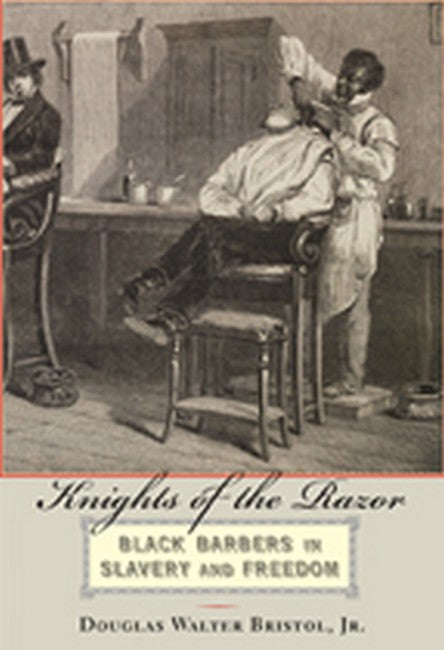Black barbers, reflected a freed slave who barbered in antebellum St. Louis, may have been 'the only men in their community who enjoyed, at all times, the privilege of free speech.' The reason, of course, lay in their temporary but absolute power over a client. With a flick of the wrist, nineteenth-century black barbers could have slit the throats of the white men they shaved. In Knights of the Razor, Douglas Walter Bristol, Jr., explores this extraordinary relationship in the largely untold story of African American barbers, North and South, from the American Revolution to the First World War. Besides establishing the modern-day barbershop, these barbers used their skilled trade to navigate the many pitfalls that racism created for ambitious black men. They dominated an upscale market that catered to prosperous white men. At the same time, their respect for labor itself preserved their ties to the black community. Successful barbers assumed leadership roles in their localities, helping to form a black middle class despite pervasive racial segregation. They advocated economic independence from whites and founded insurance companies that became some of the largest black-owned corporations. Bristol engagingly narrates this story of skilled blacks and elite whites. More broadly, he offers a thoughtful study of the nuances of race relations and the ingenuity of black enterprise. Knights of the Razor tackles a rich and tangled subject.

